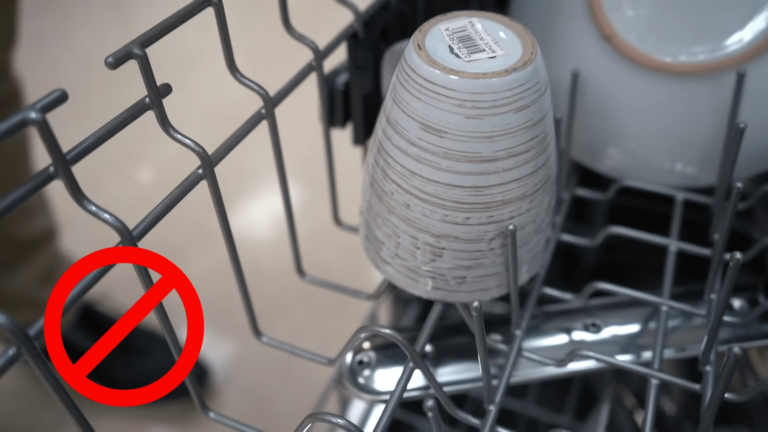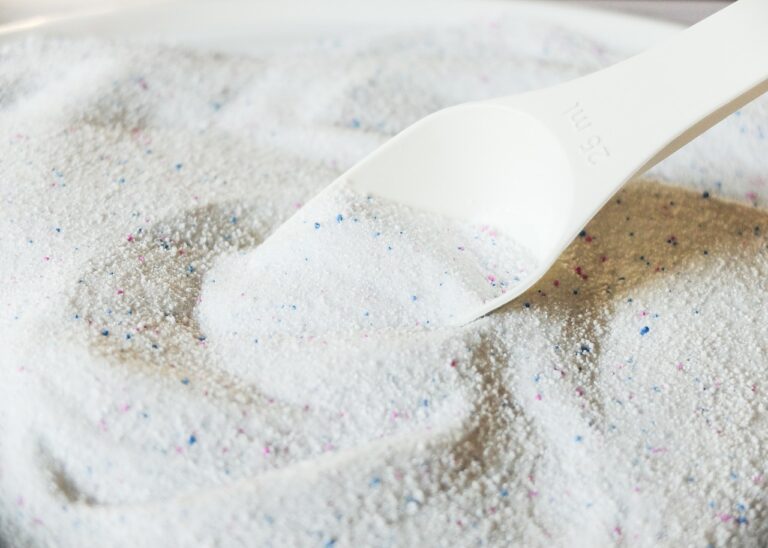


Top 10 best-selling Christmas songs of all time

10 Startling Facts About the Modeling Industry

Nylon Underwear vs Cotton: Should You Make the Switch?
Underwear – it’s something we all wear daily, but often don’t think much about. However, choosing the right fabric for your undergarments is important, especially if you have sensitive skin or tend to sweat a lot. So when it comes to underwear, should you decide cotton, nylon, or other synthetic fabrics? In this article, we’ll explore the key benefits of…

7 Forgotten Inventions That Changed the World
1. Pneumatic Tire: Smoother, Safer Travel on Land The pneumatic rubber tire is one of the most impactful inventions that few people today associate with a particular inventor. This forgotten 19th century innovation drastically changed transportation methods and enabled new forms of mobility. In 1845, Scottish veterinary surgeon John Dunlop developed and patented the first practical pneumatic tire. This was…

10 Longest Anime Series Still Being Aired Today

Top 10 Scariest Spiders

Top 10 BEST SUVs For 2023 Under $40,000
Looking for a reliable and affordable SUV in 2023? Look no further! In this article, we will go through the top 10 best SUVs you can buy for under $40,000. Whether you’re looking for a compact or subcompact SUV with a gas or hybrid drivetrain, this list covers you. We’ve researched and compiled a list of the most reliable and…

Top 10 Most Reliable Cars and SUVs of 2023
Consumer Reports assesses vehicle performance data by more than 300,000 car owners to put together their rankings, which reflect the magazine’s predictions of 2023 model-year reliability. Reliability is a huge factor in what makes cars worth buying. Folks at Consumer Reports evaluate based on regimented performance tests and survey results. More than 250 models compete each year to meet the…

5 tips on How to Correctly Load your Dishwasher

12 Fun Facts You Didn’t Know About Laundry Detergent
What would we do without laundry detergent? Well, we would be walking around wearing smelly and dirty clothes. It is a life necessity. Seriously, there is no better feeling than climbing into fresh, clean sheets, and we have laundry detergent to thank for that. As a cleaning tool, it truly is fantastic! The science and technology of soaps and laundry…

12 Laundry Hacks That Will Forever Change Your Laundry Game!

Why McDonald’s PlayPlaces Have Been Disappearing
I recently noticed that they had torn down the PlayPlace at a McDonald’s location near me, but had no clue as to why they did it — until now. Keep reading to find out why this and other PlayPlaces have been disappearing lately. The History of the McDonald’s PlayPlace The McDonald’s PlayPlace debuted in 1972 as a branding effort. The…

10 Foods You Should Buy at the Dollar Store
No matter if it’s Dollar Tree, Family Dollar or Dollar General, dollar stores are great places to go grocery shopping. Here are ten foods you should buy at the dollar store. 10. Spices Anyone who does a considerable amount of cooking knows how expensive some spices can be. It makes sense then to shop for them at dollar stores. According…

10 Costco Membership Benefits You Probably Didn’t Know About
A Costco membership comes with a lot of perks. And, unless you’re their number one customer, there’s a pretty good chance you didn’t know about the perks listed in this article. Keep reading to find out which Costco membership benefits you might be missing out on. 10. Mortgage Services Costco members can take advantage of its mortgage purchasing and refinancing…

Costco vs. Sam’s Club: Which One is Cheaper?
Are you considering joining a warehouse club but aren’t sure which one will give you the best bang for your buck? Keep reading to find out if Costco or Sam’s Club is the better deal. Store Brand Items Reader’s Digest, Investopedia, Cheapism.com, and many others have put in the work to determine which of these two warehouse clubs is less…

The Best and Worst Auto Insurance Companies – All Time Lists
When it comes to who’s the best and worst in the auto insurance industry, it’s all relative. In other words, it varies based on personal experiences. One person may love a particular company while another person could hate it. With that said, here are the best and worst auto insurance companies in America in no particular order. BEST AUTO INSURANCE…

Top 10 Mila Kunis Movies
Mila Kunis starting acting when she was only 9 years old when her father took her to the movie studios. On that fateful day, she met a woman named Susan, who became her manager. Little did she know, that day would change her life forever. Since then, she has never looked back and has made hit movies one after another.…

11 Things Wealthy People don’t Spend Money On
We all have dreams of one day being wealthy and financially secure. But what would you do with your wealth if you could actually become a millionaire? Money can bring happiness and security, but how people use their income can vary greatly. From cars to vacations, there are certain things rich people don’t buy. In this article, we bring you…

10 Cars That are the Best Bang for Your Buck
Looking to get a good deal on a car without having to break the bank? Keep reading to find out which cars will get you the best bang for your buck. 10. 2023 Hyundai Kona According to U.S. News & World Report, the 2023 Hyundai Kona is the best cars for your money. Voted the North American Utility of the…
